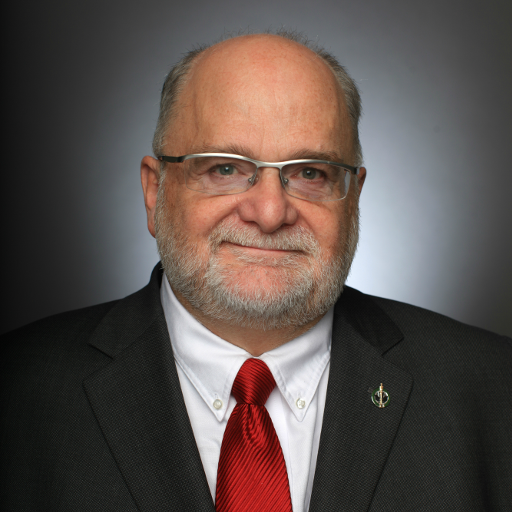This is similar to the “favouring middle-of-the-road candidates” question, absent the pejorative notion of “favouring.”
The idea here again seems to be that non-centrist voters would tend to find common cause in centrist candidates so that, when there is no first-preference majority candidate, centrists would tend to be elected more often than not. (When there is a first-preference majority candidate, the preferential nature of the ballot will not affect the outcome.)
It is interesting that the same has been said about FPTP (plurality voting), but as a feature, not a fault:
“Proponents of plurality voting argue that it is very simple and that it forces voters to elect a centrist candidate through compromise voting.” — Plurality Voting
… the notion, whether true or not, that more centrist candidates might be elected – seems only to arise as a problem when we talk about changing away from FPTP!
If FPTP voting is itself susceptible to this alleged flaw of preferential voting, it suggests that even when they cannot vote their full preferences, voters tend to second guess the first-preference outcome anyway, correctly or not, and may well then vote a non-first-preference choice in an attempt to achieve the most satisfactory outcome.
With actual preference voting there is no need to second-guess the outcome, and thus no susceptibility to guessing incorrectly. This suggests that preference voting merely delivers more accurately what plurality voters are trying to do anyway.
Nevertheless, as said above, the political landscape is multi-dimensional, depending upon many things that don’t fit a uniform one-dimensional paradigm, and is much more complex than a simplistic left-center-right model would suppose.
It should also be noted that this question also encompasses a concern about creating a legislative monoculture around consensus candidates that, on the whole, will lack innovation and diversity of ideas.
Legislators, even if elected by a preferential system, will not be as monolithic as this concern supposes; while perhaps keeping common company on some salient issues and principles, they will still each draw upon their own unique body of experience, knowledge, education, intelligence, reason and belief in making their decisions.
Differences of opinion can, of course, be helpful in determining the best path forward, but if it is true that candidates elected by a preferential method might have sufficient in common that they can, in fact, behave in a civil manner, communicate effectively with each other, and maybe even come to agreement on issues, it doesn’t seem like such a bad thing.







